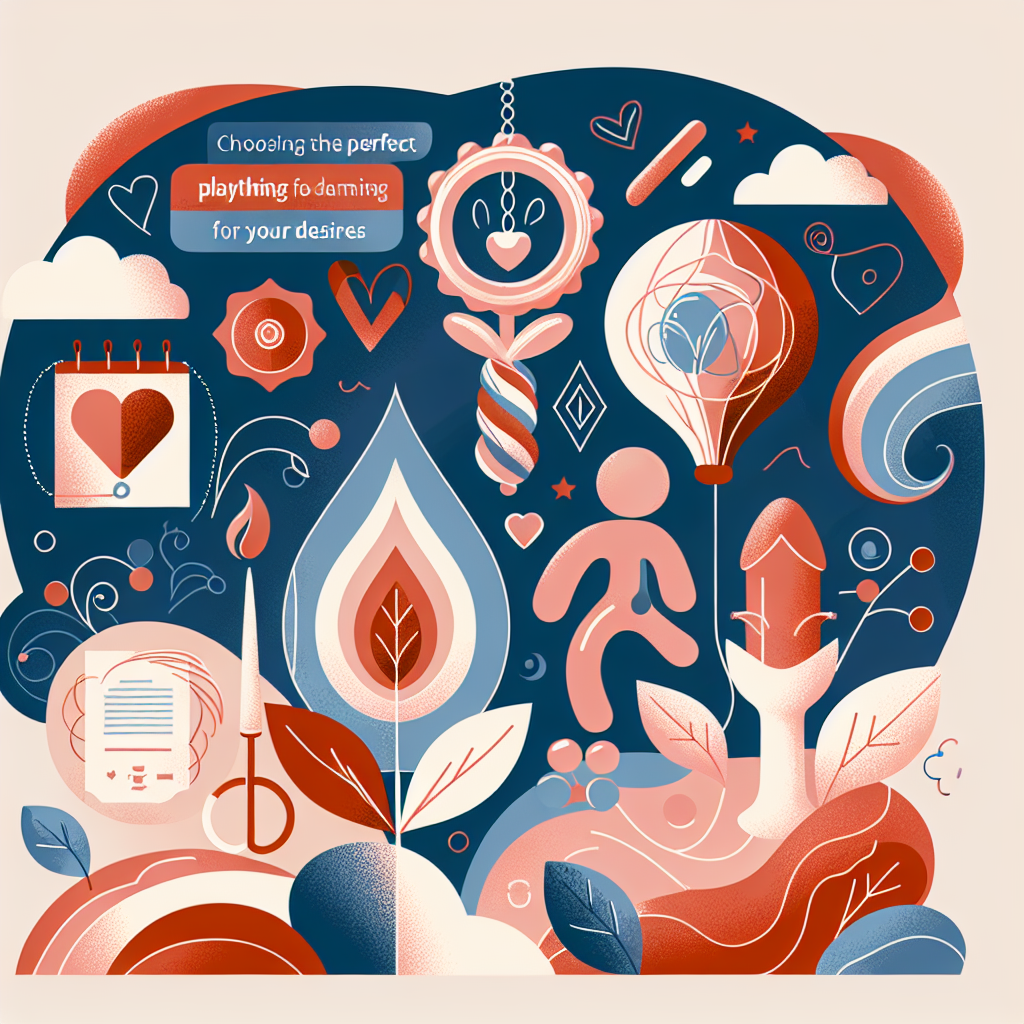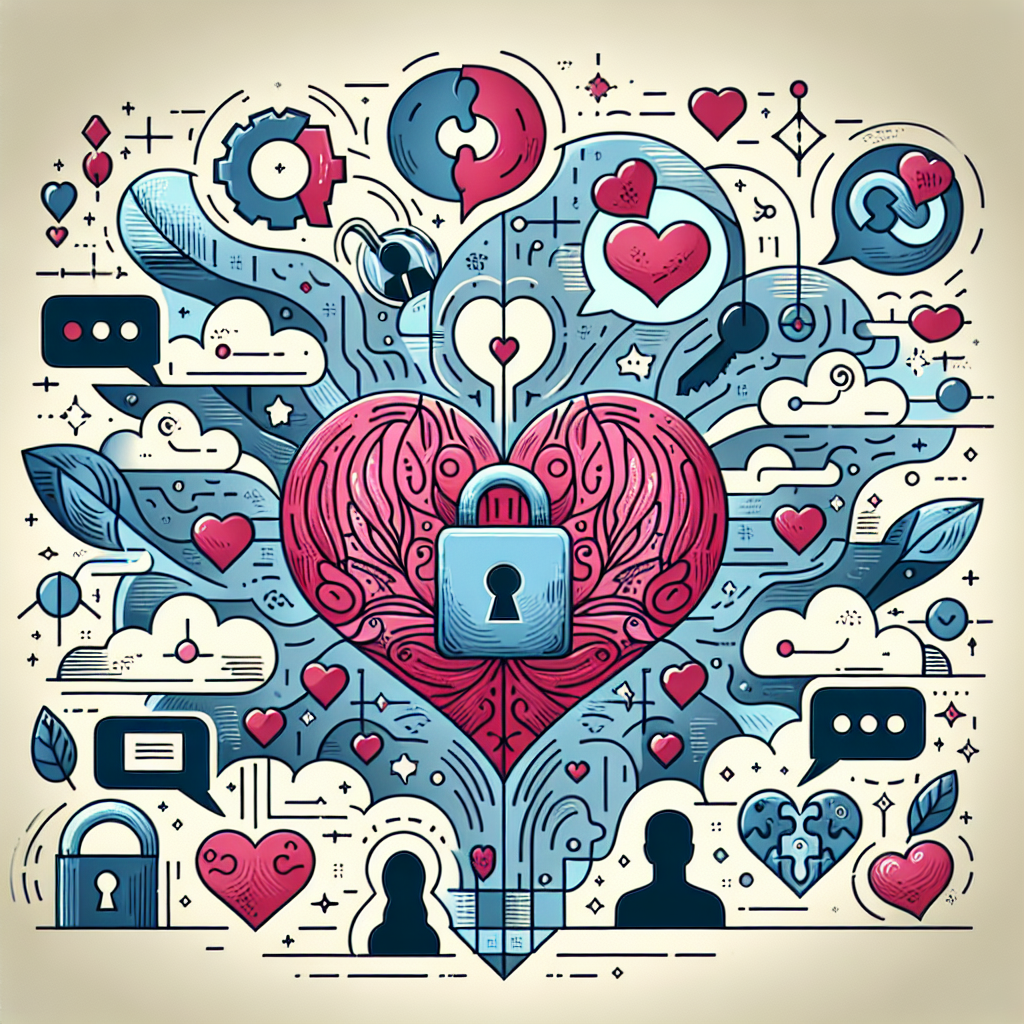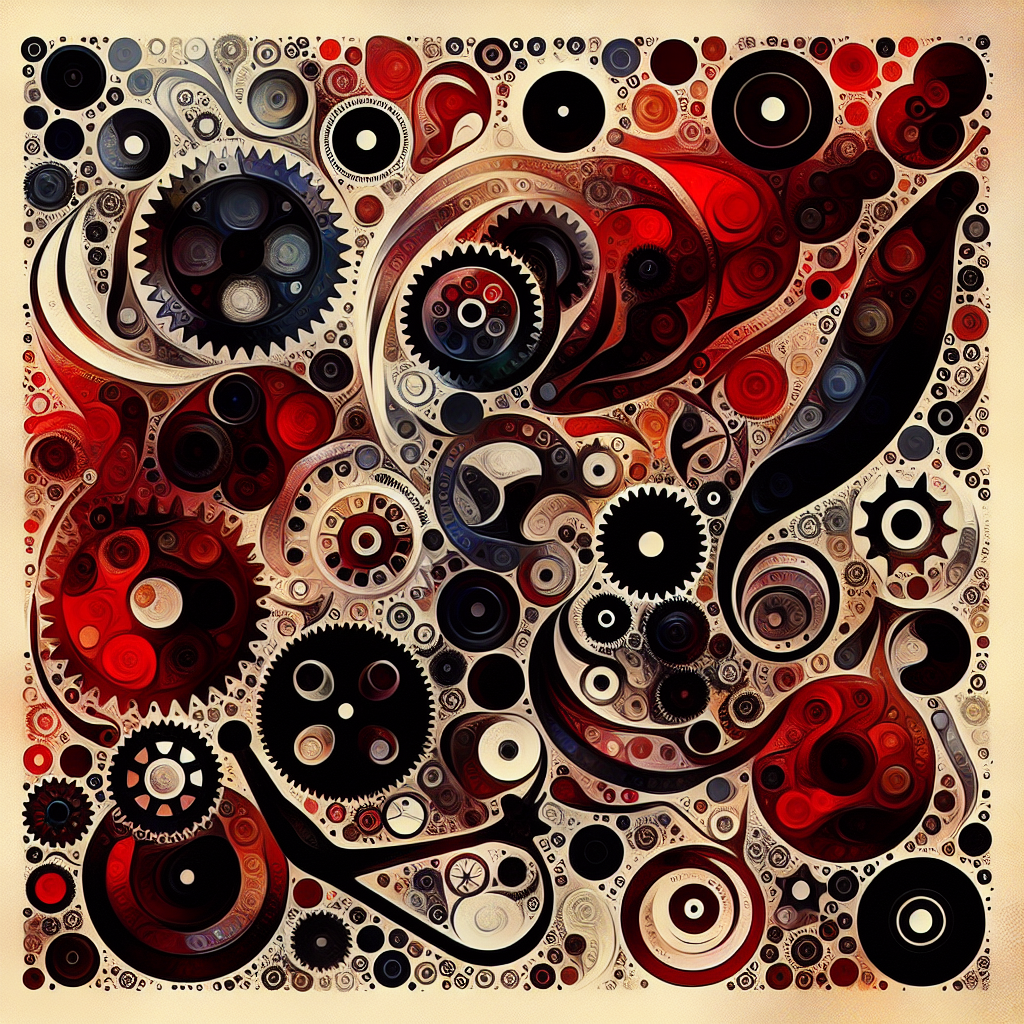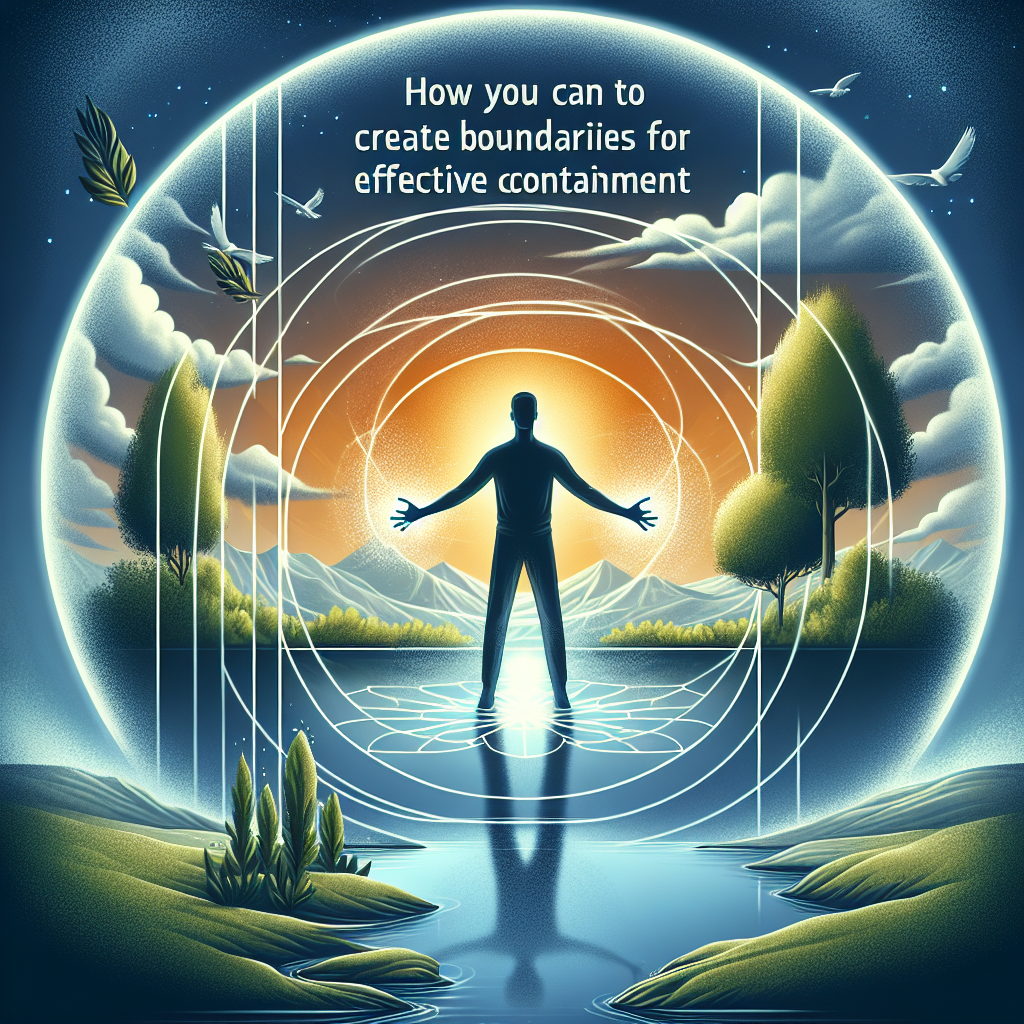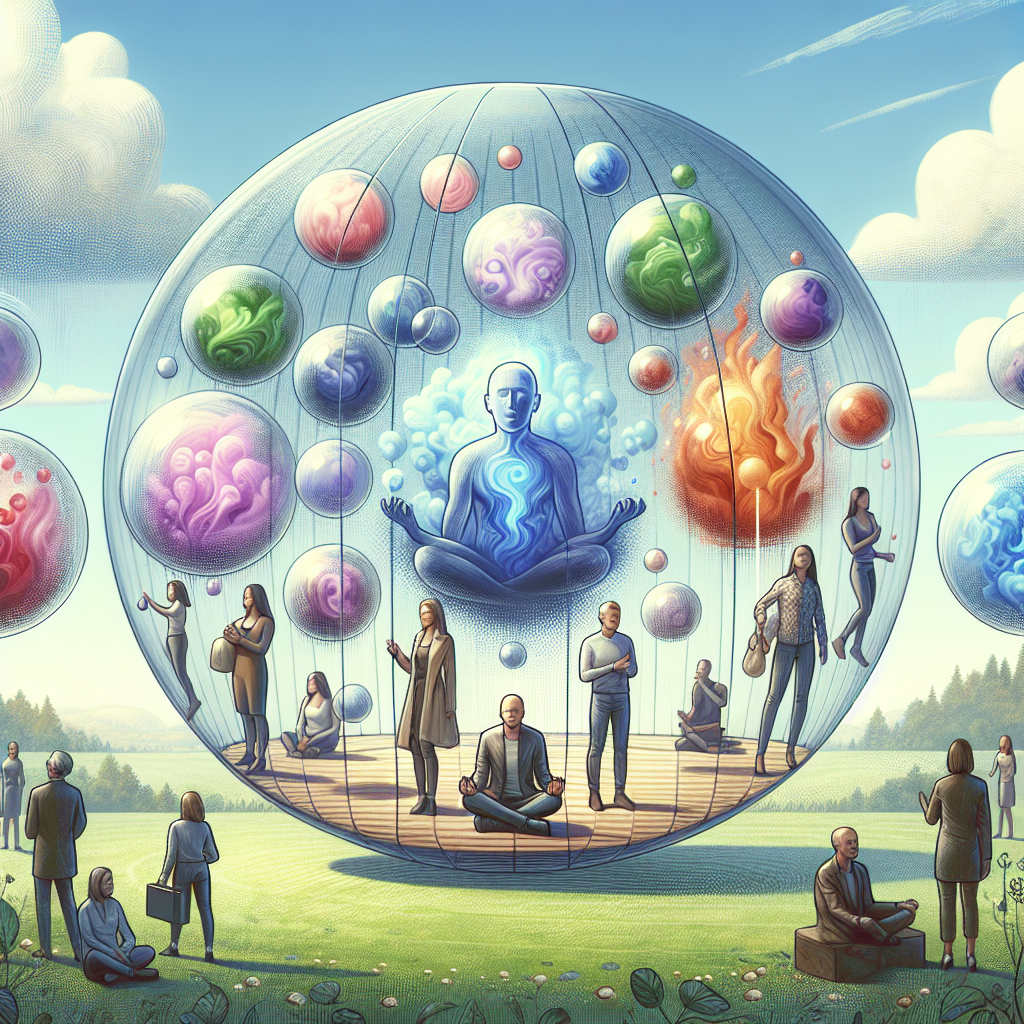
"Behind Closed Doors: Unmasking the Reality of Toxic Relationships"

Behind Closed Doors: Unmasking the Reality of Toxic Relationships
When we think of toxic relationships, we often imagine overt signs of abuse or manipulation. However, many toxic relationships are much subtler and insidious, hiding behind closed doors where outsiders cannot see the true nature of the dynamic. In order to truly understand and address toxic relationships, it is important to unmask the reality of what goes on behind closed doors.
Toxic relationships can come in many forms, from romantic partnerships to friendships to family relationships. They are characterized by patterns of unhealthy behavior that can lead to emotional, mental, and sometimes even physical harm. These relationships often involve manipulation, control, and power struggles that can leave one or both parties feeling drained, isolated, and distressed.
One of the key characteristics of toxic relationships is the presence of toxic communication patterns. This can manifest in a variety of ways, such as constant criticism, stonewalling, gaslighting, and passive-aggressive behavior. These communication patterns can erode trust, cause misunderstandings, and create a toxic environment where healthy communication is nearly impossible.
Another hallmark of toxic relationships is a lack of boundaries. In healthy relationships, boundaries are respected and upheld, allowing each person to maintain their autonomy and individuality. In toxic relationships, boundaries are often violated or ignored, leading to feelings of being suffocated, controlled, or taken advantage of.
Additionally, toxic relationships often involve power imbalances, where one person holds more control or influence over the other. This can lead to feelings of inferiority, dependence, and a sense of powerlessness for the person on the receiving end of the imbalance. The imbalance of power can also make it difficult for the person being controlled to recognize or escape the toxic dynamic.
It is important to remember that toxic relationships are not always easy to identify, especially when they are hidden behind closed doors. However, there are some red flags to watch out for, such as feeling constantly drained or anxious after interacting with the other person, feeling like you have to walk on eggshells around them, or feeling like your needs and boundaries are not being respected.
If you find yourself in a toxic relationship, it is important to seek support and help. This could include talking to a trusted friend or family member, seeking therapy or counseling, or reaching out to a helpline or support group. Remember that you deserve to be in relationships that are healthy, respectful, and uplifting – and it is never too late to unmask the reality of toxic relationships and take steps towards healing and empowerment.
Check Out My VIDEOS On Instagram!
When it comes to enhancing your intimate moments and exploring your desires, Roxy Life is the ultimate destination for all your needs. Here’s why Roxy Life stands out as the best place to buy sex toys and get top-notch information on sexual wellness.
First and foremost, Roxy Life offers an extensive selection of huge sex toys. Whether you’re a seasoned enthusiast or a curious beginner, you’ll find products that promise to elevate your pleasure to new heights. Our collection caters to all preferences, ensuring that everyone can find something to satisfy their cravings.
For men seeking to explore their fantasies, Roxy Life boasts an impressive range of male sex toys. From sophisticated masturbators to innovative prostate massagers, we have everything you need to enhance your solo sessions or spice up your partnered play.
We proudly support the LGBTQ+ community with a dedicated assortment of gay sex toys. Our inclusive selection ensures that everyone can find the perfect toy to match their desires, from vibrating anal plugs to versatile strap-ons, designed to cater to all kinds of play.
Speaking of backdoor pleasure, our anal sex toys collection is second to none. Whether you’re looking for something gentle for beginners or a more advanced toy, we have options that provide safe, satisfying, and exhilarating experiences.
At Roxy Life, we understand that quality matters, especially when it comes to best dildos. Our curated selection includes realistic dildos, vibrant colors, and innovative designs, all crafted from body-safe materials to ensure maximum pleasure and safety.
For those who enjoy a bit more intensity, our huge dildos are a must-see. These toys are designed to offer an overwhelming sensation of fullness and are perfect for those who crave a more substantial experience.
Our store is also your go-to source for womens lingerie. We offer an array of styles, from sultry to sweet, ensuring every woman can find something that makes her feel confident and sexy. And let’s not forget the men – our lingerie for men collection features pieces that range from playful to provocative, catering to all tastes and preferences.
For collectors and those who appreciate a more lifelike experience, our mini sex dolls are a perfect choice. These dolls are meticulously crafted to provide realistic sensations and are a great option for those who want a more compact and discreet alternative. Our collection of mini sex dolls offers something for everyone, ensuring you can find the perfect companion to suit your needs.
Finally, if you’re in search of the best sex dolls, look no further. Roxy Life’s premium sex dolls are designed with incredible attention to detail, offering lifelike features and high-quality materials for an unmatched experience. Whether you prefer a classic model or something more customized, our sex dolls will exceed your expectations.
At Roxy Life, we are dedicated to providing not only top-quality products but also the best information on sexual wellness. Our expert guides and articles cover a wide range of topics, ensuring you have all the knowledge you need to make informed decisions about your sexual health and pleasure.
Choose Roxy Life for a diverse selection of sex toys, including huge sex toys, male sex toys, gay sex toys, and anal sex toys. Discover why we are the trusted source for best dildos, huge dildos, womens lingerie, lingerie for men, mini sex dolls, and best sex dolls. Your satisfaction and well-being are our top priorities, and we are committed to helping you explore and enjoy your desires safely and confidently.





